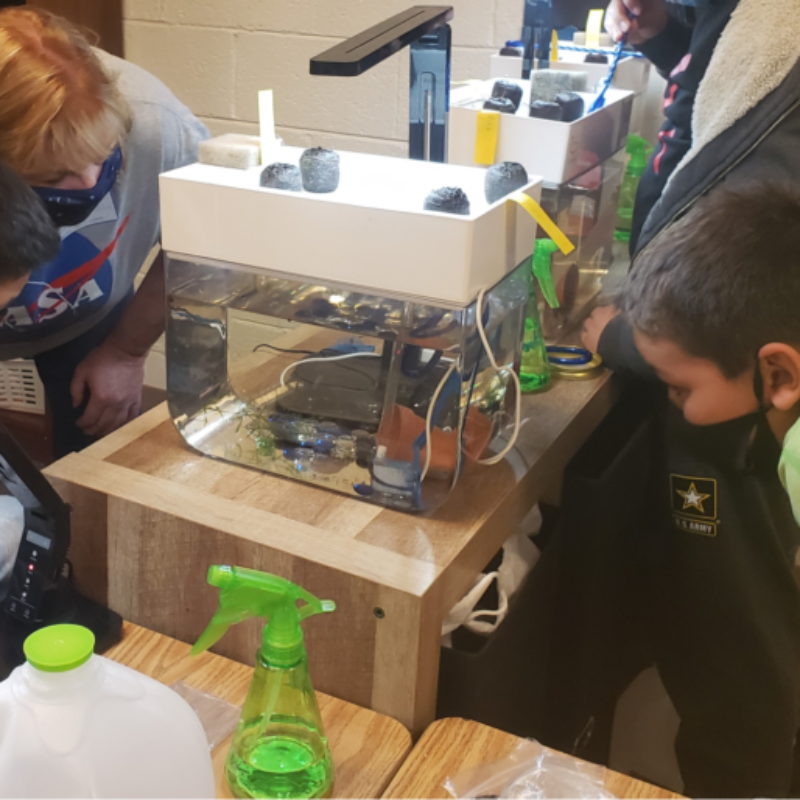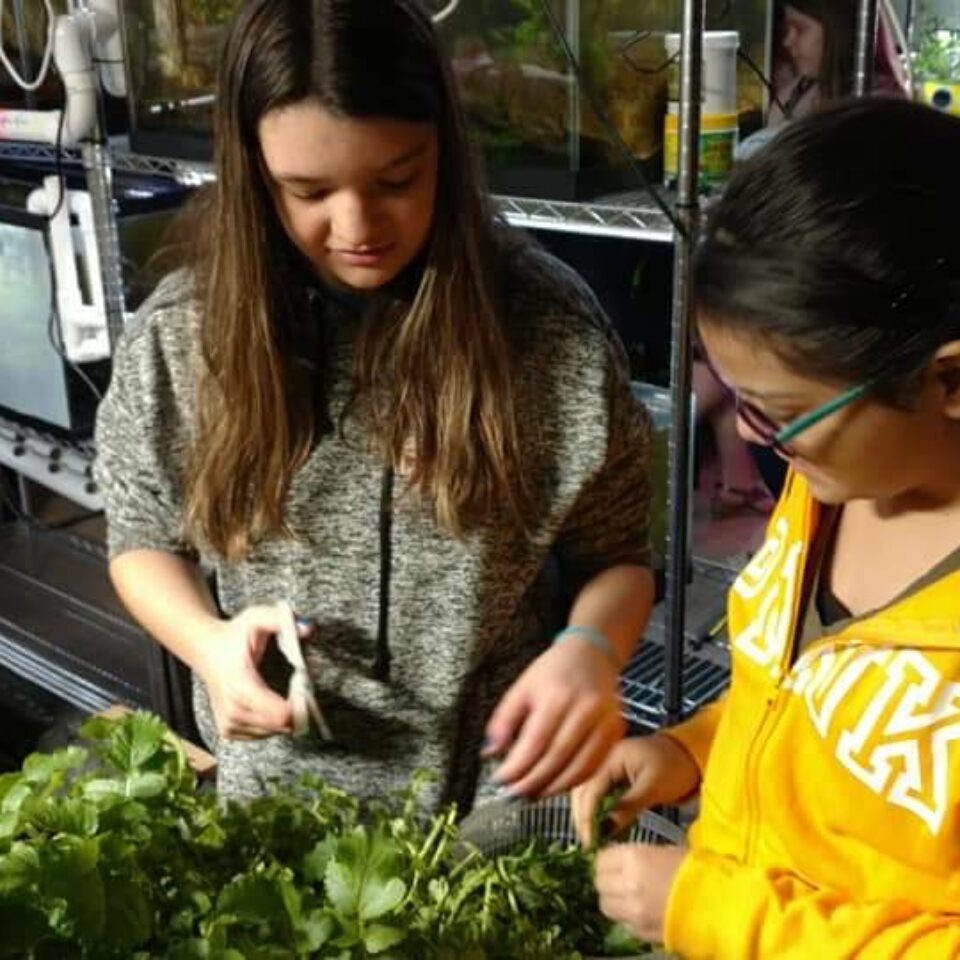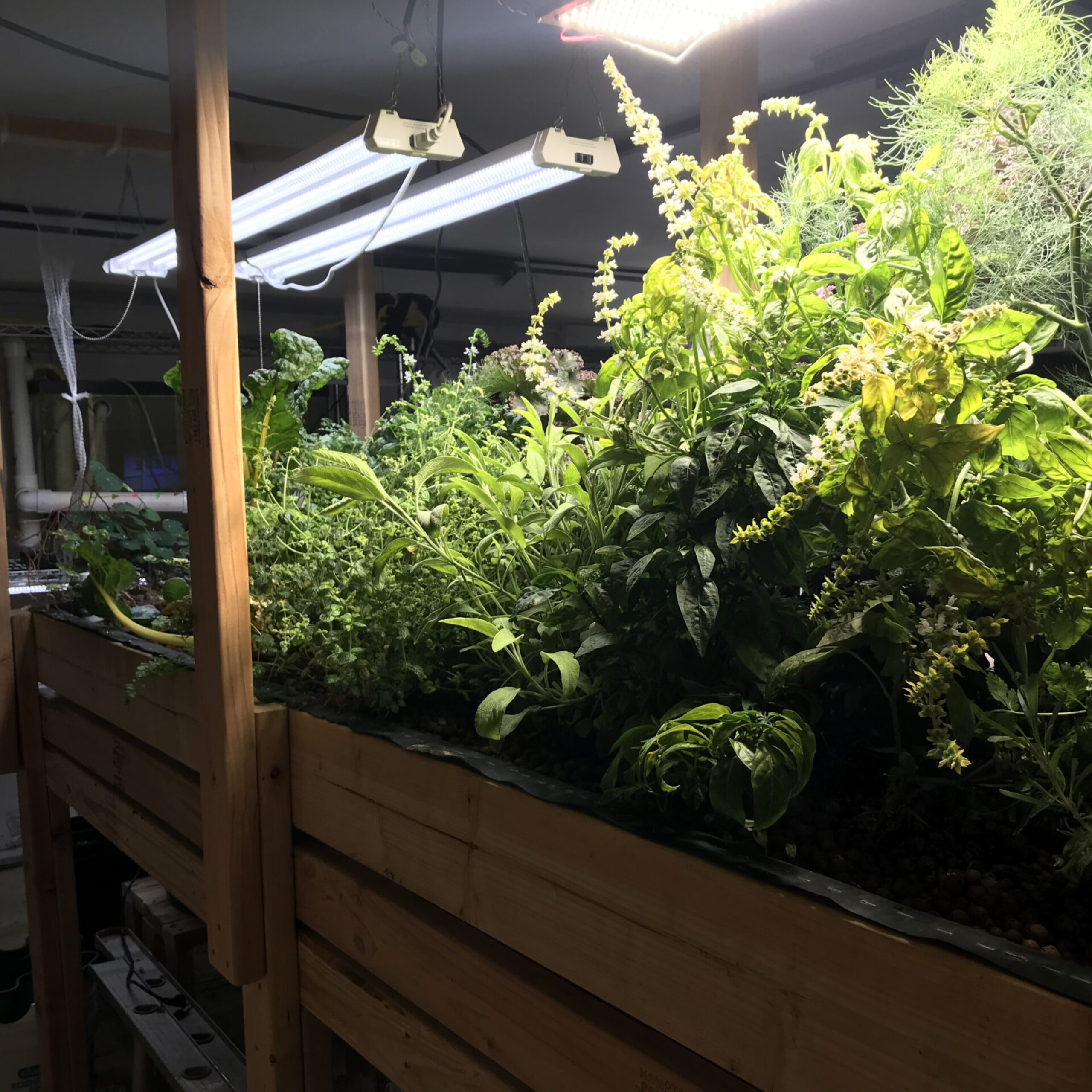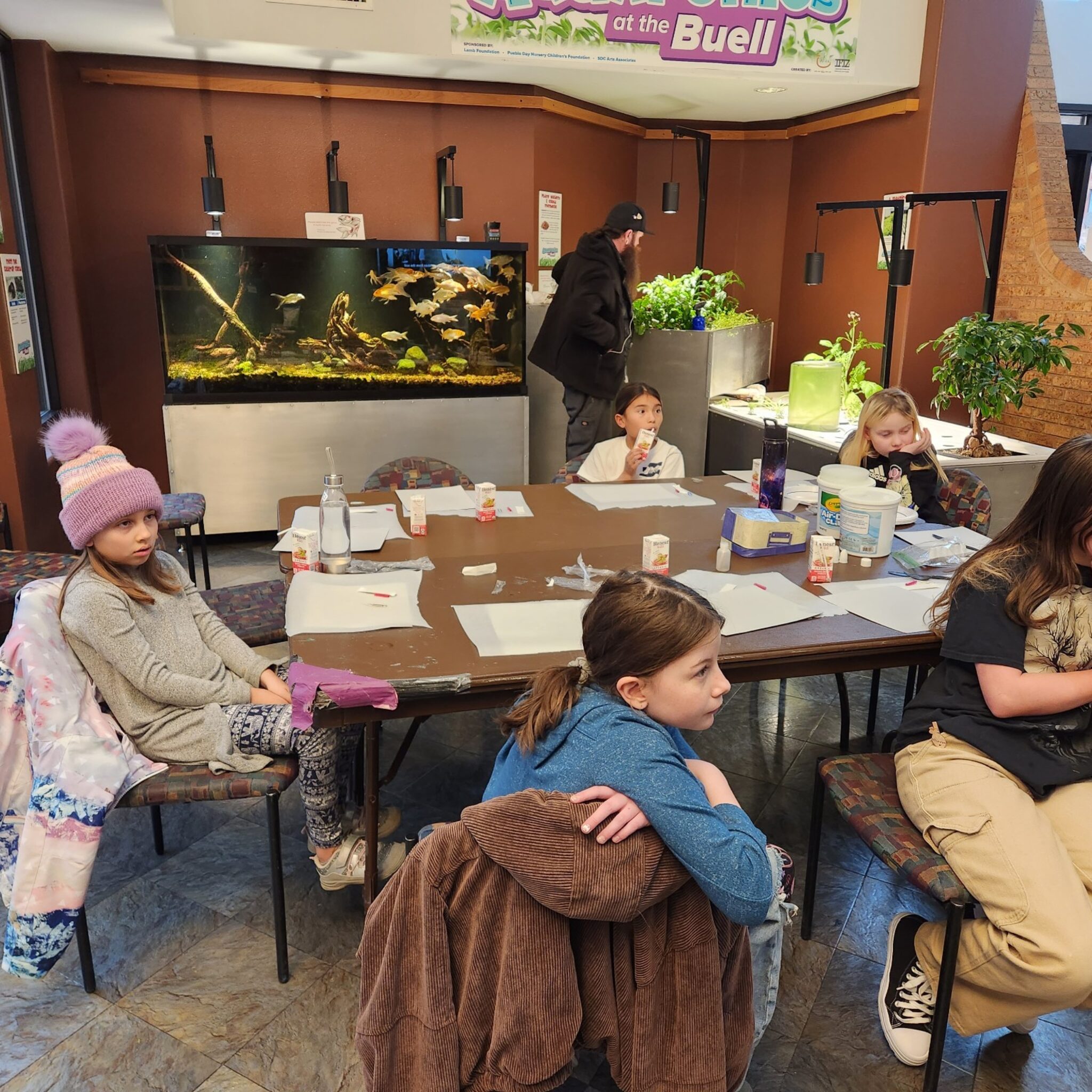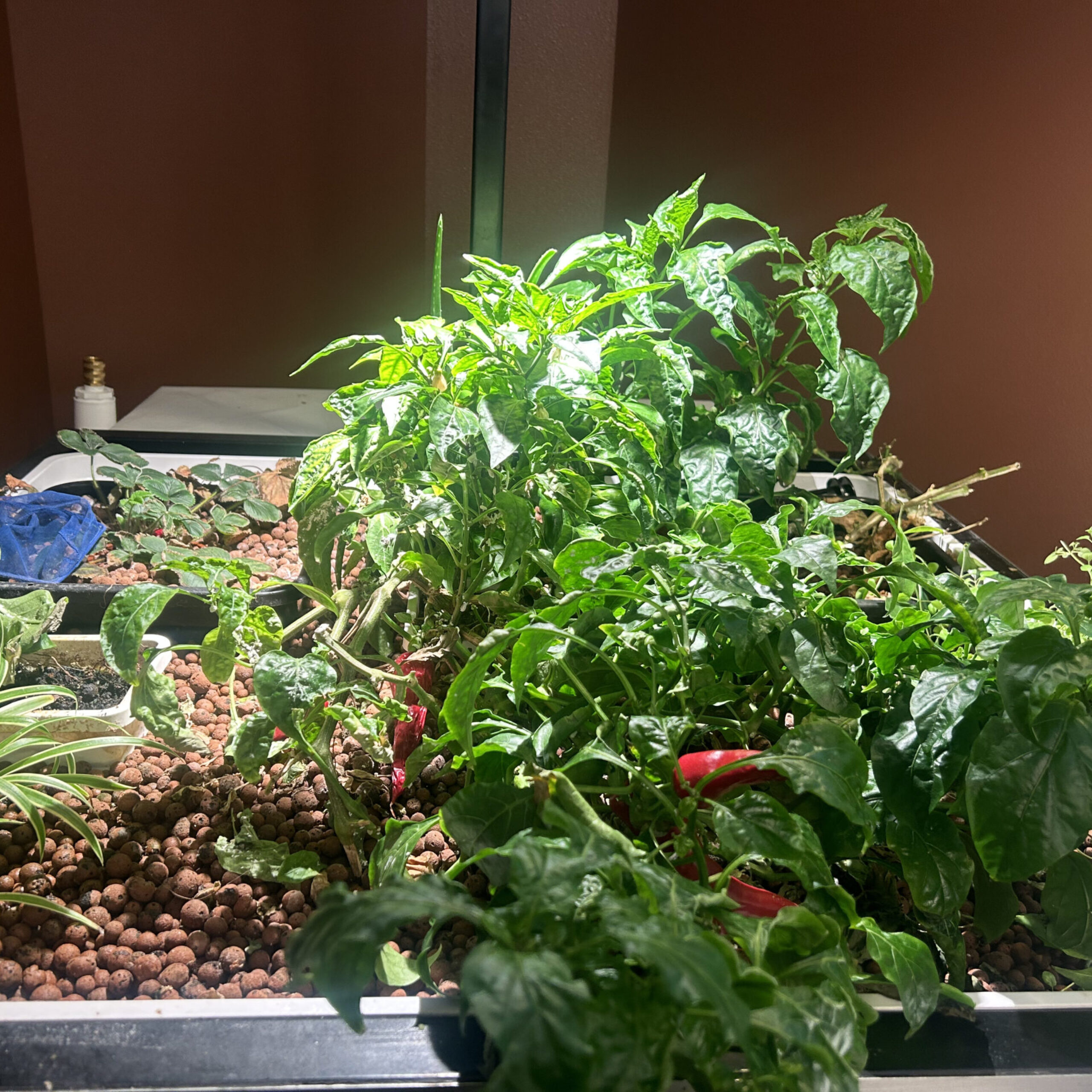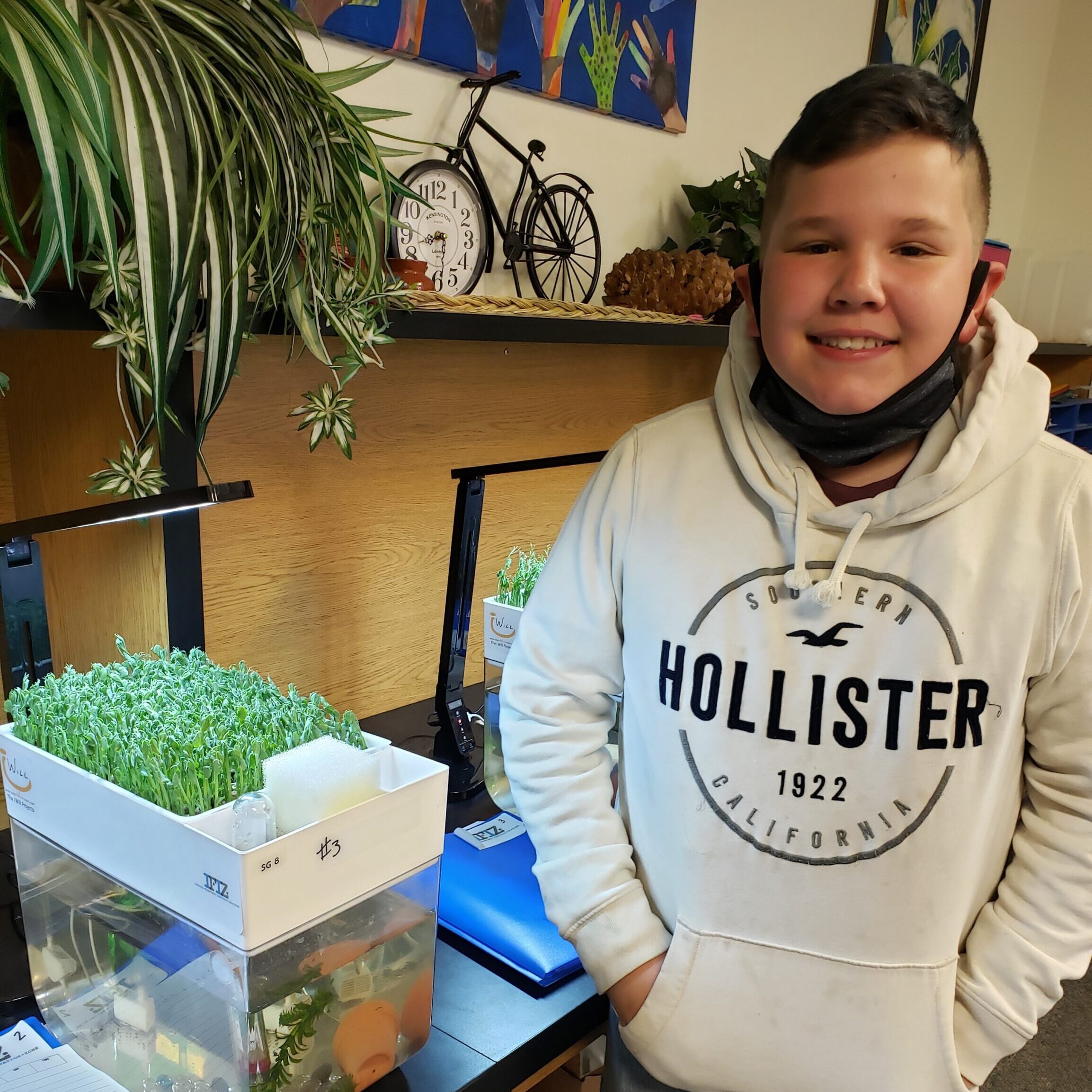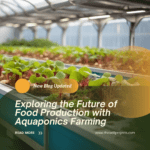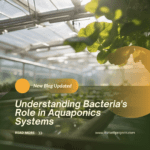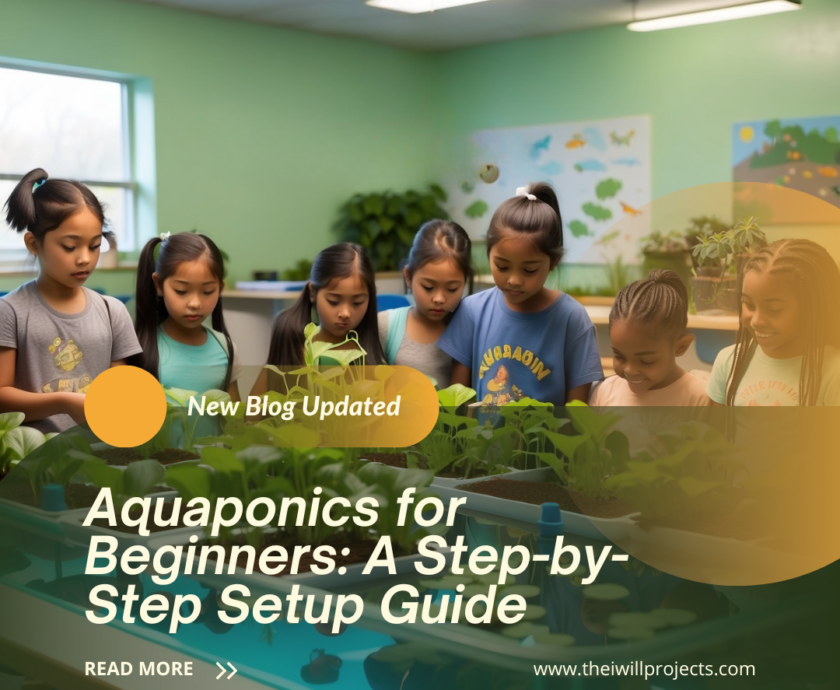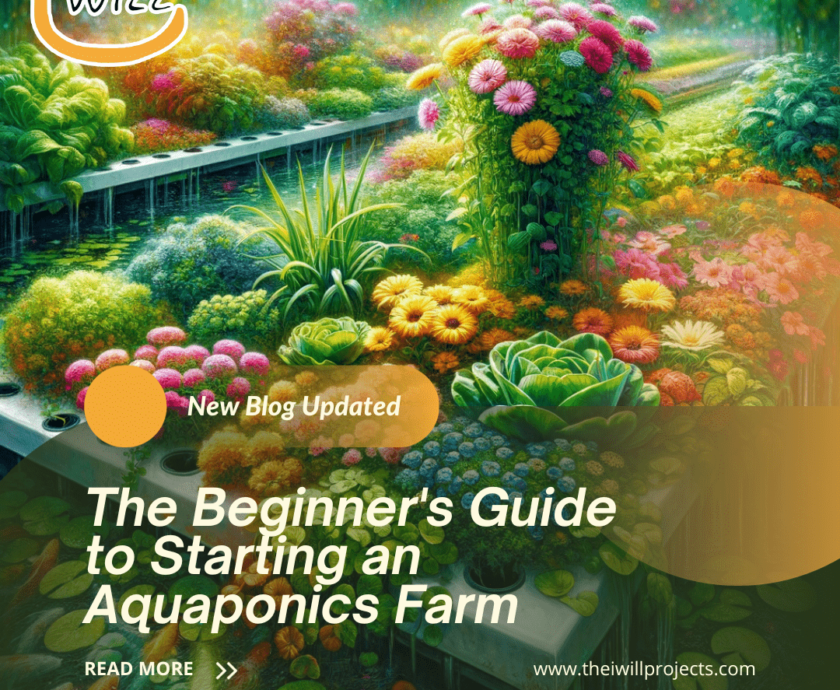“A child’s health is not just a reflection of their biology, but also of the environment we create for them. Let’s strive to make it one of vitality and wellness.” – Unknown
TweetTable of contents
- Introduction
- The Basics of Aquaponics: Understanding the Ecosystem
- The Intersection of Aquaculture and Hydroponics
- Nutritional Benefits of Aquaponically Grown Foods
- The Role of Aquaponics in Modern Education Curriculums
- Aquaponic Systems for Schools: Engaging Young Minds
- Designing Your First Classroom Aquaponic System
- Hands-On Learning: Aquaponics as a Teaching Tool for Life Sciences
- Integrating Technology and Aquaponics: Enhancing the Learning Experience
- The Environmental Impact of Aquaponics: Teaching Sustainability
- Nutritional Education
- Physical Activity
- Problem-Solving Skills
- Emotional Well-being
- Encouraging Home Aquaponics: Extending the Learning Beyond the Classroom
- Future Prospects: How Aquaponics Could Shape the Next Generation’s Food Choices
- Conclusion
- FAQs
Introduction
Children should be taught sustainability and lifelong health values early. This is essential in today’s world, where these values are becoming increasingly important. Recognizing this need, educators are turning to innovative methods like aquaponics to impart essential lessons. This merging of aquaculture and hydroponics offers a holistic approach to teaching kids about ecosystems, nutrition, and sustainability.
Aquaponics for kids offers a rich educational experience, teaching about ecosystems and sustainability. It goes beyond food production to foster a deep understanding of nature and interconnectedness. Engaging children in aquaponic systems promotes physical well-being and environmental stewardship. With aquaponics, we encourage young minds to make healthier food choices and foster a lasting bond with the environment.
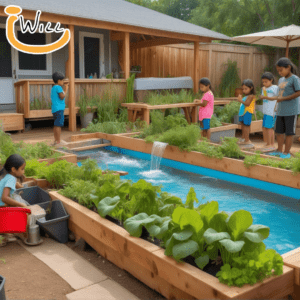
The Basics of Aquaponics: Understanding the Ecosystem
Aquaponics is a sustainable farming method that combines aquaculture and hydroponics to create a symbiotic environment. In this ecosystem, fish and plants coexist beneficially. In aquaponics, fish waste provides nutrients for plants, which clean the water for the fish. This creates a self-sustaining ecosystem. This closed-loop system mimics natural water bodies, promoting conservation.
In an aquaponic system, fish play a crucial role by producing ammonia-rich waste as a byproduct of their metabolism. However, this waste is not a detriment but rather the starting point of a beneficial cycle. Bacteria convert ammonia into nitrates, a vital nutrient for plants. Plants absorb nitrates, purifying the water and creating a clean environment for fish. This exchange of nutrients forms the basis of aquaponics, a self-sustaining ecosystem where components rely on each other. Understanding and maintaining this cycle is essential for ensuring the health and productivity of an aquaponic system.
The Intersection of Aquaculture and Hydroponics
Aquaponics blends fish farming and soil-less plant cultivation. It is an eco-friendly food production method. Fish waste nourishes plants, while plants purify the water, creating a sustainable cycle. This holistic approach not only teaches kids about interdependence in ecosystems but also instills values of environmental stewardship. Kids understand the necessary balance for healthy aquaculture through aquaponics. Hydroponics showcases the effective utilization of nutrient-rich water.
Nutritional Benefits of Aquaponically Grown Foods
Aquaponically grown foods are rich in nutrients, offering children vital vitamins and minerals for growth and development. They absorb essential nutrients directly from the water, which often results in higher nutritional content compared to traditionally farmed produce. Aquaponics uses fewer chemicals, ensuring that children consume fewer harmful substances. Moreover, these foods often have better taste and freshness, thanks to quick harvesting and consumption, maximizing nutrition. This method promotes healthier eating habits by involving kids in the growing process, creating a strong foundation for lifelong health.
The Role of Aquaponics in Modern Education Curriculums
Integrating aquaponics into modern education curriculums serves to enhance students’ comprehension of sustainable agriculture, ecosystems, and life sciences. Through miniature ecosystems, students can observe plant and animal interactions, enhancing their understanding of biology, chemistry, and environmental science.
Aquaponics for kids enhances practical application of STEM (Science, Technology, Engineering, Mathematics) principles, promoting environmental stewardship and sustainability awareness. Through hands-on aquaponics, kids learn science while gaining insights into ecosystems. Growing organic produce instils healthy eating habits and appreciation for nutritious food. Designing and optimizing systems develops innovation and problem-solving skills, important for addressing challenges in sustainable agriculture. Including activities like the Aquaponics Activity Guide for Kids can further enhance these skills by providing hands-on experience with sustainable farming techniques.
This immersive learning experience cultivates patience, responsibility, and a deeper appreciation for the interconnectedness of living organisms and their environments. Aquaponics for kids fosters informed, responsible future citizens. They acquire knowledge and develop values to positively impact their communities and the environment.
Aquaponic Systems for Schools: Engaging Young Minds
Implementing aquaponic systems in schools offers a dynamic educational tool. It integrates principles of science, technology, engineering, and mathematics (STEM) through hands-on learning. Students can observe the symbiotic relationship between plants and fish, fostering environmental stewardship. Moreover, children develop critical thinking by problem-solving system designs and nutrient management. Nutrition education becomes tangible as students grow and possibly consume healthy, organic produce. By actively engaging with food, children develop curiosity, create healthy eating habits, and gain ecological awareness and responsibility.
Designing Your First Classroom Aquaponic System
To introduce aquaponics to students, select a transparent tank. This allows easy observation of the fish and plant roots. Ensure it fits comfortably in your classroom’s dedicated space. Opt for hardy fish species and resilient plants like lettuce or herbs that thrive in an aquaponic environment. Use a simple flood and drain or continuous flow setup to teach the basics of water circulation. Lastly, incorporate testing kits to monitor water quality, fostering scientific inquiry and responsibility among the pupils. Engage students in every step, enhancing their understanding of sustainable farming practices.
Hands-On Learning: Aquaponics as a Teaching Tool for Life Sciences
Aquaponics offers an immersive experience for kids, merging biology, chemistry, and ecology in a tangible setup. Children witness the nitrogen cycle in action, as they monitor water quality and fish health. By nurturing plants, they learn about botany, nutrition, and environmental stewardship.
Incorporating aquaponics in education for kids introduces sustainable food production and hands-on exploration of ecosystem interactions. Students nurture plants and fish, observing coexistence within the ecosystem. This fosters critical thinking as they optimize plant growth while ensuring aquatic life well-being.
Applying scientific methods, young learners develop essential skills in observation, experimentation, and analysis, gaining a deeper understanding of life sciences. This holistic approach to education not only inspires enthusiasm but also cultivates habits that promote lifelong health and environmental stewardship.
Integrating Technology and Aquaponics: Enhancing the Learning Experience
Incorporating technology into aquaponics education amplifies its impact on young minds. Digital tools and applications allow students to monitor water quality, track plant growth, and understand system dynamics in real-time. Sensor-based data collection introduces children to scientific methodologies, reinforcing STEM concepts through practical application. Interactive software can simulate ecological changes, promoting problem-solving skills as kids adjust parameters to maintain system balance.
Furthermore, technology-enabled aquaponics fosters digital literacy, preparing students for a future where agriculture and technology increasingly interconnect.
The Environmental Impact of Aquaponics: Teaching Sustainability
Aquaponics offers a low-impact farming solution, combining fish culture with plant production. Children learn the value of resource conservation, as the system recirculates water, reducing waste and conserving water. They witness the symbiotic relationship between fish and plants, fostering an appreciation for balanced ecosystems. Aquaponics demonstrates sustainable methods, inspiring eco-friendly living, fostering green tech, and nurturing stewardship for Earth’s resources.
Nutritional Education
Teaching children aquaponics offers a dual benefit: fostering a connection to the source of food and providing practical nutritional education.
In the realm of aquaponics for kids, fostering lifelong health begins with understanding the intricacies of balanced ecosystems. Children grasp the significance of harmony among fish, plants, and bacteria, recognizing how each component contributes to overall nutrition.
Observing plant growth in an aquaponic system offers a hands-on lesson in identifying the nutrients crucial for healthy development. By growing their own food, children learn the importance of cultivating fresh veggies and nutrient-rich produce.
This practical experience helps them appreciate the value of their own efforts in providing sustenance. This direct involvement in growing fruits and vegetables not only imparts knowledge but also cultivates healthy eating habits. By actively participating in nurturing their crops, children become more willing to explore and savor the wholesome foods they’ve grown. This lays the foundation for a lifetime of nutritious choices and good health.
Physical Activity
Aquaponics provides children with a unique avenue for physical activity, encompassing tasks that promote exercise and motor skills development. Regular engagement in aquaponics not only nurtures environmental stewardship but also fosters physical activity essential to a child’s overall well-being. Every aspect of aquaponics, from setting up systems to planting and harvesting, contributes to physical activity. This includes maneuvering equipment, enhancing muscle strength, and refining fine motor skills. Additionally, daily maintenance routines such as feeding fish and monitoring water quality incorporate physical movement into children’s everyday tasks. Furthermore, interactive learning within the aquaponic environment encourages exploration through movement, reinforcing concepts and engaging both body and mind. Engaging in these activities, children learn about sustainability and establish lifelong health and well-being habits.
Problem-Solving Skills
Aquaponics for kids goes beyond just growing plants and fish. It’s an educational tool that teaches problem-solving skills and fosters a deeper understanding of the environment. Children are encouraged to make observations, hypothesize outcomes, and experiment with different variables to optimize the system’s performance.
Children learn to identify potential issues like pH imbalances or plant nutrient deficiencies within the ecosystem. Armed with this observation, they develop hypotheses, delving into the root causes of these challenges. The testing phase involves adjusting variables like feeding rates and plant density to verify hypotheses. Analyzing the results, they make informed decisions about implementing changes to optimize the system. The iterative approach enhances critical thinking skills and builds confidence in solving complex problems. By fostering an adaptive way of thinking, aquaponics nurtures a growth mindset essential for lifelong health and success.
Emotional Well-being
Involving children in aquaponics fosters emotional well-being by combining the therapeutic presence of water with the joy of nurturing life. Children experience a sense of achievement as they witness the fruits of their labor grow.
By tending to the plants and fish consistently, kids learn patience and responsibility. The tranquil nature of aquaponic environments reduces stress and promotes mental relaxation, creating a conducive atmosphere for learning. Aquaponics in schools fosters children’s pride in sustainability and empathy for living systems. It offers a venue for children to experience growth in plants and fish life, fostering comprehension of ecosystem interdependence. This holistic approach supports their emotional development.
Encouraging Home Aquaponics: Extending the Learning Beyond the Classroom
Educators and parents can instill responsibility and environmental stewardship in kids through home aquaponics systems. These living laboratories provide continuous, hands-on learning opportunities. For a structured approach, consider incorporating an Aquaponics Activity Guide for Kids to enhance the educational experience.
Engaging in aquaponics for kids provides a multifaceted learning experience that extends beyond the classroom. Through monitoring water quality and plant health, children understand the equilibrium essential for aquaponic systems, fostering environmental stewardship. Through practical observation of the nitrogen cycle, they grasp the importance of nutrient cycling and ecosystem sustainability. Moreover, applying math and science concepts in real-world settings enhances their problem-solving skills and reinforces classroom learning. Families benefit from embracing aquaponics. It promotes family involvement and reinforces lessons about health and sustainability, learnt in school. The process involves monitoring water quality and plant health. This hands-on approach fosters a lifelong appreciation for responsible food production and nurtures habits that contribute to lifelong health.
Future Prospects: How Aquaponics Could Shape the Next Generation’s Food Choices
As aquaponics garners more attention, it promises significant shifts in dietary patterns among youth. This sustainable technique intertwines horticulture and aquaculture, fostering an early appreciation for nutritious, locally-sourced produce. It teems with educational opportunities, imbuing young minds with knowledge of eco-friendly food systems. Aquaponics can influence children to make informed choices, gravitating towards freshness and sustainability over processed alternatives. Plant-based foods in schools and communities may shape future generations’ eating habits. This could lead to healthier, more eco-friendly choices.
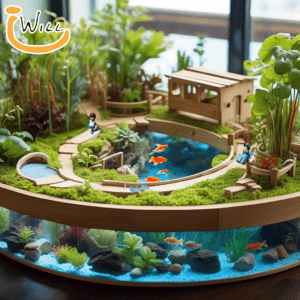
Conclusion
Aquaponics offers a holistic approach to teaching kids about nutrition, sustainability, and problem-solving. Children learn about balanced ecosystems and develop healthy eating habits and problem-solving skills by actively cultivating plants and fish. Additionally, maintaining aquaponic systems fosters well-being through physical activity. Nurturing life in them instills achievement and responsibility. By integrating aquaponics into education and homes, we can create a healthier and more environmentally-conscious future generation. Aquaponics for kids promotes lifelong health and sustainability.
FAQs
Why is teaching sustainability and lifelong health values to children important?
It instills awareness and responsibility towards the environment and personal health from an early age.
How does aquaponics contribute to teaching essential lessons to kids?
It offers a holistic educational experience by merging aquaculture and hydroponics.
What are the benefits of integrating aquaponics into education curriculums?
It enhances students’ comprehension of sustainable agriculture, ecosystems, and life sciences.
How does aquaponics foster problem-solving skills in children?
It encourages critical thinking and adaptive problem-solving through practical application and observation.
Why should families consider implementing home aquaponics systems?
They provide continuous, hands-on learning opportunities for children, fostering environmental stewardship and healthy living practices.
The I Will Projects, a 501c3 Non-Profit, promotes diverse solutions for global challenges. Our IFIZ education programs, emphasizing aquaponics, and insect farming, empower communities through knowledge, collaboration, and sustainable innovation. Learn more here.
References:
https://link.springer.com/chapter/10.1007/978-3-030-15943-6_22
https://agclassroom.org/matrix/lesson/632
https://gogreenaquaponics.com/blogs/news/



